Chemical wastewater treatment is one of the popular methods, using chemical reactions to treat wastewater. Although there are distinct advantages and disadvantages, these methods are still highly appreciated. Join Song Phung to learn about the top 5 ways to treat wastewater using chemical methods through the article below.
What are the characteristics of chemical wastewater treatment?
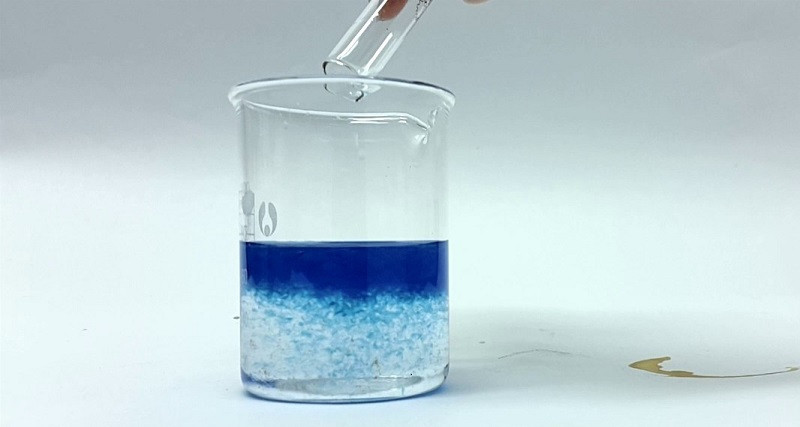
Chemical wastewater treatment is the process of using chemicals to remove pollutants and improve wastewater quality. This method has some characteristics such as:
- Various chemicals such as reducing agents, oxidizing agents, alum, fluoride, coagulants and pH adjusters can be used.
- Capable of removing a wide range of contaminants from wastewater, including organics, inorganics and pathogenic microorganisms
- Allows adjustment of factors such as pH, temperature and contact time to achieve optimum performance during treatment.
- Applicable to the treatment of wastewater from various sources, including industrial wastewater, domestic wastewater and wastewater containing toxic compounds.
- Some chemicals used in wastewater treatment can be harmful to the environment if not disposed of or treated properly. Therefore, the removal and treatment of waste from chemical wastewater treatment is very important.
Reference: Providing popular water treatment chemicals at good prices
Chemical wastewater treatment methods
In this article, Song Phung will bring 5 ways to treat wastewater using chemical methods for your reference:
Chemical neutralization treatment method
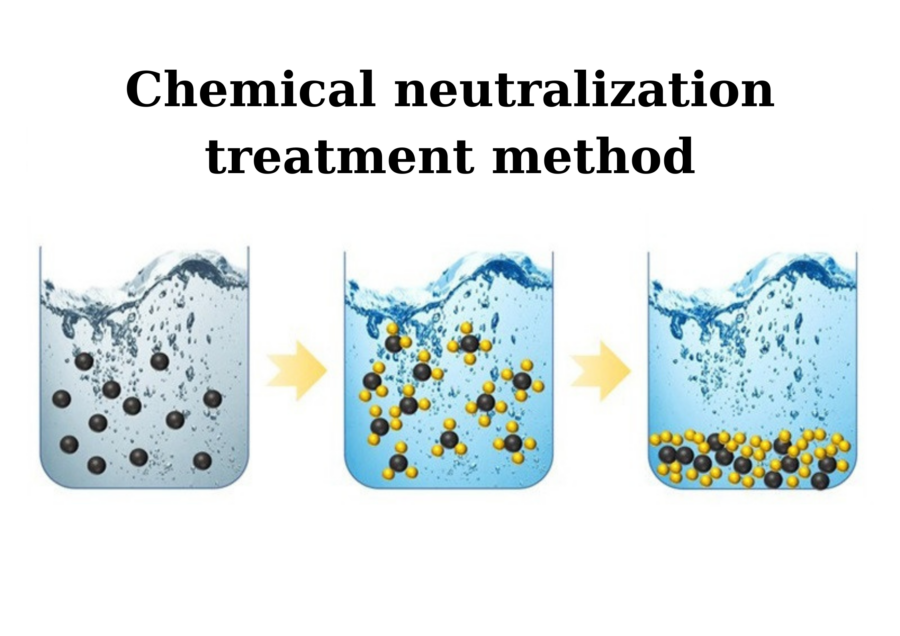
Neutralization changes the pH concentration to neutral so that microorganisms can decompose pollutants in water. The basic principle of this method is the chemical reaction between salt + alkali + acid and acid. Including neutralizing agents:
- Alkaline wastewater: acid salts, HCl, HNO3, H2SO4
- Heavy metal contaminated wastewater: CaO, CaO, NaOH, Na2CO3
- Alkaline wastewater: KOH, NH4OH, lime, CaCO3, NaOH, Na2CO3, MgCO3
Some factors affecting the neutralization process:
- Wastewater flow
Temperature
Concentration of pollutants
PH concentration
The neutralization method used is as follows:
- Mixing Acidic or Alkaline Wastewater
Adding Acidic or Alkaline Chemicals
Using Alkaline or Acidic Filter Materials
Using Exhaust Gas to Neutralize Water and Reduce Pollution
Chemical oxidation-reduction treatment method
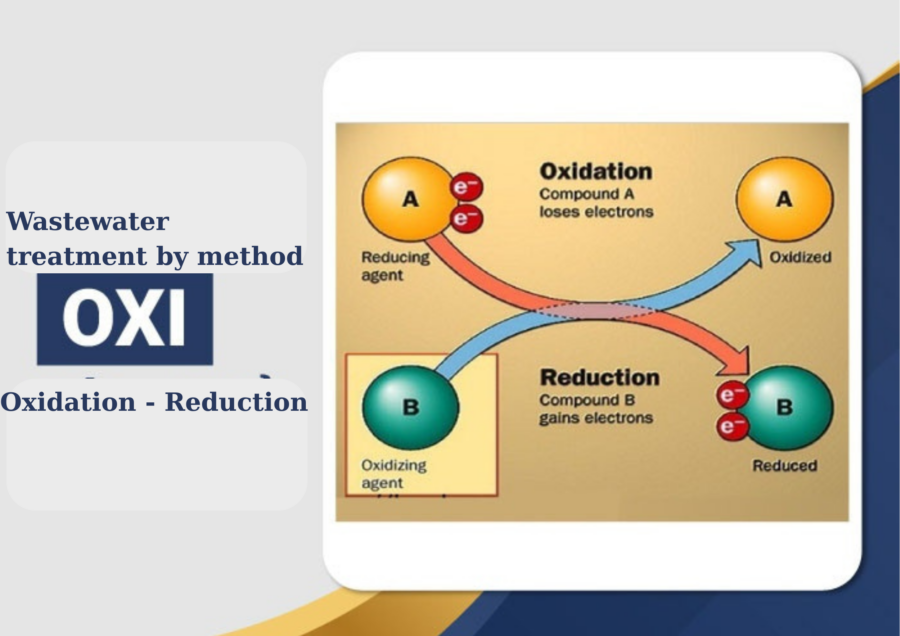
A method of treating wastewater by exchanging ions present in wastewater. One substance that loses electrons is a strong oxidizing agent, the other is a reducing agent. This method is used in cases where it is not possible to separate pollutants from wastewater.
Research more: Chlorine and Hydrogen Peroxide – Which is better for water treatment
Chemical treatment method to create precipitation
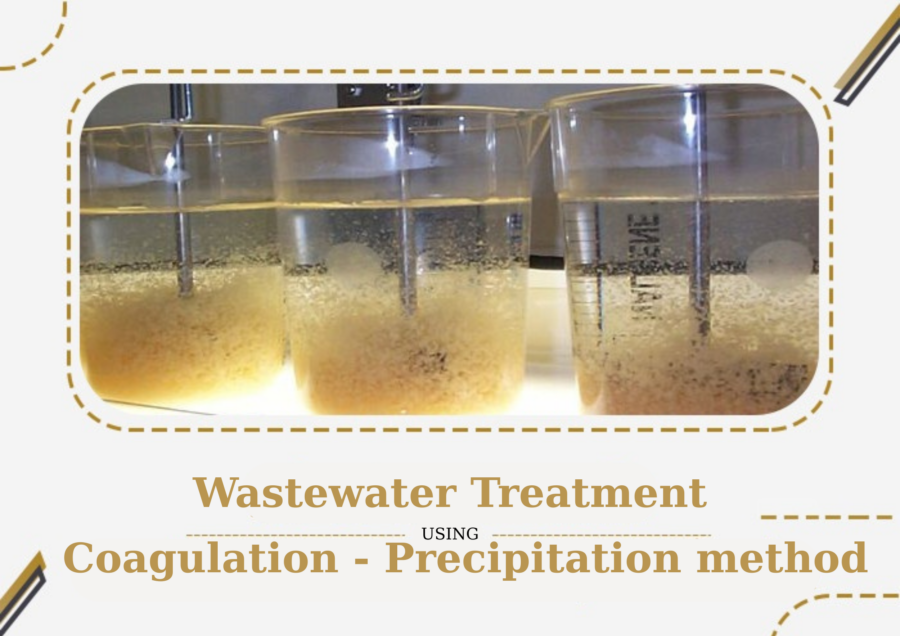
Wastewater contains many impurities and heavy metals, the two basic precipitation processes of wastewater are carbonate and hydroxide precipitation. Each metal will be suitable for different pH concentrations, so it is necessary to determine the pH concentration in wastewater so that this process can be carried out easily. Commonly used chemicals: Alum, Chemical treatment method to create precipitation, Ferric chloride, Ferric chloride + lime.
Chemical oxidation treatment method
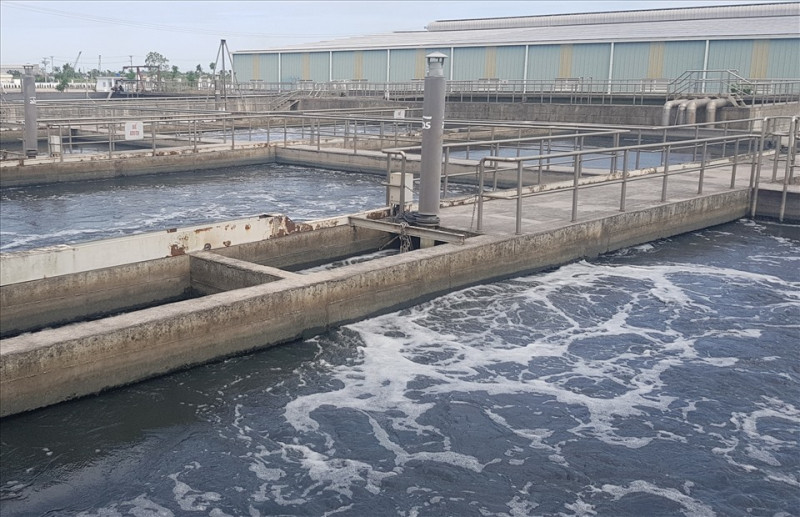
The commonly used oxidizing substances are HClO, O3, NaClO, Ca(ClO), Cl2,…Chlorine has strong oxidizing properties and is used to separate phenol gas, H2S, Hydrosulfite,…When chlorine reacts with wastewater, the following reaction will occur:
Cl2 + H2O ⇒ HOCl + HClHOCl ⇔ H+ + OCl-
Substances involved in the reduction process include: SO2, H2SO4, NaHSO3, FeSO4,…
Ozonation chemical treatment method
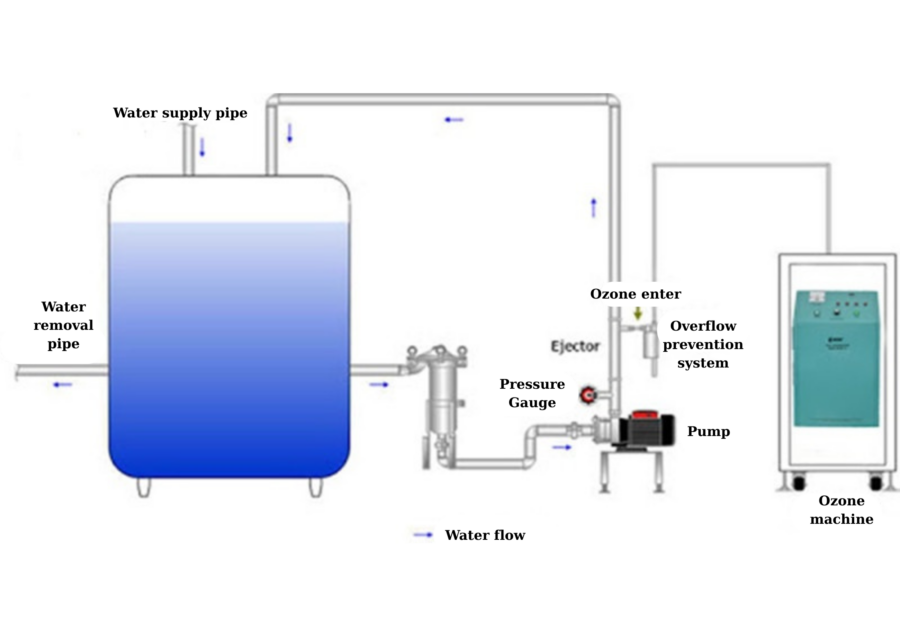
Ozonation has high oxidizing properties so it easily gives oxygen to organic impurities used to deodorize dyes, bleaches, etc. After the ozonation process, the amount of bacteria killed is up to more than 99%.
Refer now: Ozone machine for water purification and disinfection at the best price
What are the advantages and disadvantages of chemical wastewater treatment?
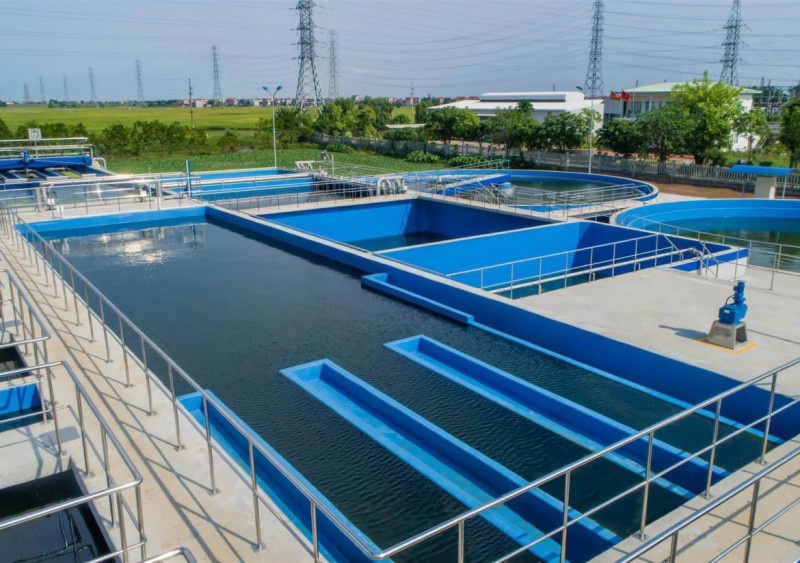
Advantages
- Easy to find chemicals.
- Easy to use and manage treatment method.
- Small treatment space.
Disadvantages
- The high cost of wastewater treatment makes it unsuitable for large-scale wastewater treatment systems.
Some types of secondary pollutants may be generated from chemical reactions during wastewater treatment.
Song Phung has just introduced to you ways to treat wastewater using chemical methods. If you are researching and need to order chemicals to treat wastewater, you can contact the website to receive detailed advice from our experts, with a team of experienced staff in the field will bring you suitable solutions. Let Song Phung accompany you throughout the journey with confidence in the most prestigious and quality products on the market
See more: Professional, quality water treatment system installation service


